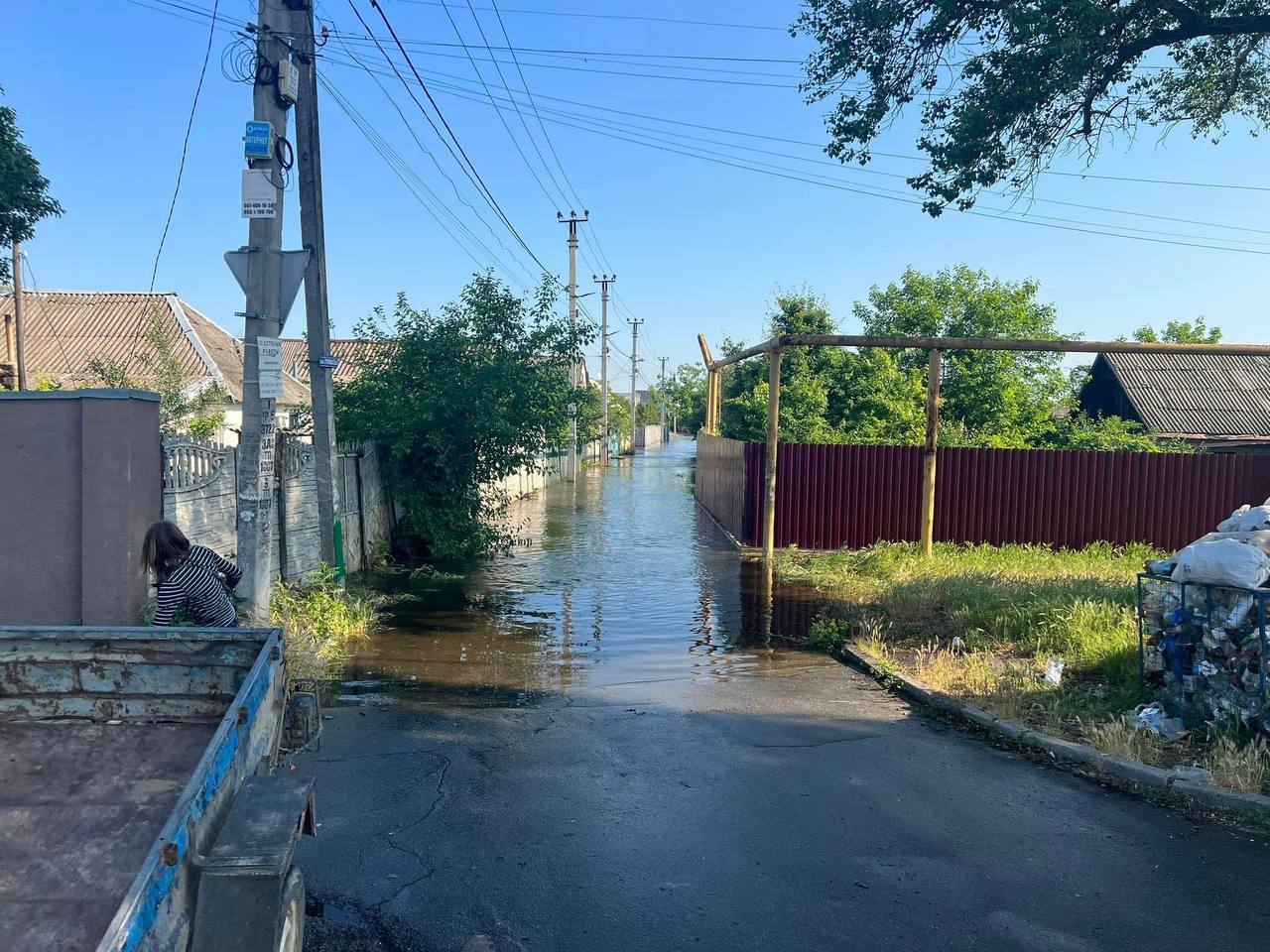UK Defense Ministry: Kakhovka dam destruction severely disrupted water supply to occupied Crimea

Russia's demolition of the Kakhovka Hydroelectric Power Plant dam in Kherson Oblast on June 6 has "almost certainly severely disrupted" the primary source of fresh water in the Russian-occupied Crimea — the North Crimean Canal (NCC), the U.K. Defense Ministry said in its latest update on June 11.
According to the ministry, the NCC draws water from the Kakhovka reservoir "from an inlet higher than the bed of the reservoir." By June 9, however, the water level in the reservoir had "likely dropped below the level of the inlet," and "water will soon stop flowing to Crimea," the ministry added.
"This will reduce the availability of fresh water in southern Kherson Oblast and northern Crimea," reads the update.
The ministry added that Russian authorities will likely "meet the immediate water requirements of the population using reservoirs, water rationing, drilling new wells, and delivering bottled water from Russia."
Earlier on June 10, the Ukrainian military's National Resistance Center also reported "serious water supply problems" in occupied Crimea.
According to the report, the Moscow-installed leader of occupied Crimea, Sergey Aksyonov, has been apparently instructed to downplay the critical situation while Russian proxies on the occupied peninsula lack a clear plan to address the freshwater supply issue for Crimean residents.
As a result, the occupation administration in Crimea attempts to avoid widespread coverage of the dam's destruction and its impact on water supply through the NCC to prevent panic among the residents.
Russia's demolition of the Kakhovka dam across the Dnipro River, occupied by Russian forces, sparked a large-scale humanitarian and environmental disaster across southern Ukraine.
"Concurrently, communities on both the Russian and Ukrainian-controlled sides of the flooded Dnipro are facing a sanitation crisis with limited access to safe water and an increased risk of water-borne diseases," reads the latest U.K. Defense Ministry update.










